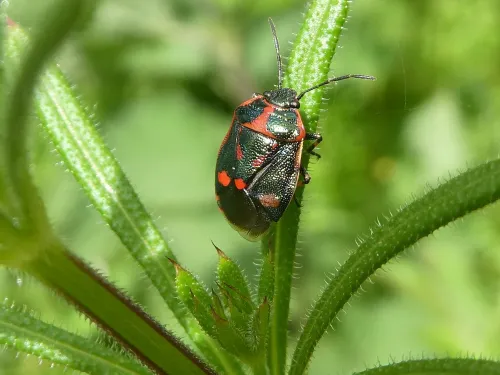
New data suggest that insect life continues to decline in Kent
The troubling extent of insect declines in Kent has been highlighted once again by the results of the 2025 Bugs Matter citizen science survey published today
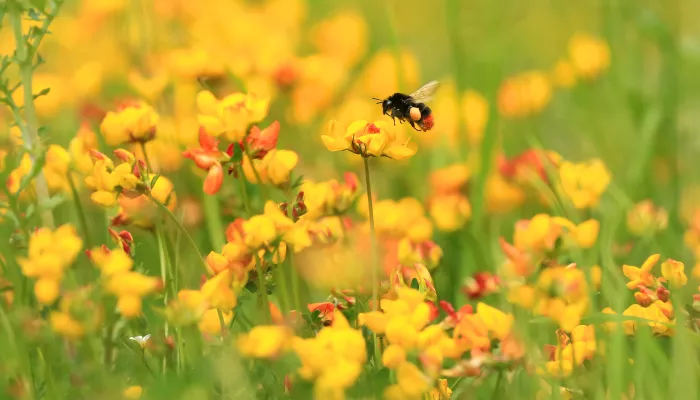
Kent Wildlife Trust is calling on the Government to reverse the decline of insects by:
Kent Wildlife Trust is working with farmers to realise its vision of a Wilder Kent. Seventy percent of Kent’s land is agricultural, so farmers play a critical role in recovering nature in our county. Farmers in the Kent area can get in touch with Kent Wildlife Trust if they would like to join one of their farmer clusters to learn about and practise wildlife-friendly farming.
Kent Wildlife Trust believes that reversing the decline of insects is possible if:
Evan Bowen-Jones, Chief Executive at Kent Wildlife Trust says:
“A growing body of evidence highlights population declines in insects and other invertebrates at global scales, and the consequences are potentially catastrophic. Kent Wildlife Trust’s Bugs Matter 2019 survey points to similar results with 50% fewer insects recorded in Kent since 2004. This is something affecting us here in Kent.
“At Kent Wildlife Trust we know that our local projects can help solve global problems. We lock up thousands of tonnes of carbon on our existing landholdings each year and protect insect pollinator populations in the process. However, we can only scale this up if Government, industry and Local Authorities recognise, and act upon, the urgent need to switch investing in wildlife and climate friendly activities. This applies at all scales, from reducing the mowing of verges to setting aside more land to lock up carbon and protect wildlife. Everyone can play a part.
“Post Covid-19 there is a huge opportunity to create a more sustainable economic model that properly accounts for the benefits that nature provides us. We need to seize this moment and implement a Green Recovery.
“A significant part of this needs to be rewarding farmers for wildlife-friendly farming, and the Agriculture Bill is a key opportunity to embed high standards of environmental protection into law including by setting pesticide reduction targets.
“The Government must wake up to the fact that Nature Based Solutions can help tackle both climate change and species declines and help provide the British economy with some much-needed resilience at a time when its fragility has been so exposed.”
Paul Hadaway, Director of Conservation at Kent Wildlife Trust says:
“Insects are vital to both the environment and economy of the Garden of England. In Kent we rely on pollinating insects for the prosperity of our agricultural, horticultural and fruit growing sectors.
“Therein lies one of the key conflicts: the damage done to insect abundance using agricultural and garden pesticides reflects how disconnected we have become from the nature we rely on. Many of us will remember the clouds of insects we used to see caught in our headlights; and our Bugs Matter monitoring programme, which measures bugs on car number plates, is one project which highlights the dramatic losses we have seen over the past decades.
“The rate at which insects have declined in the past 20 years is something which should not only shock but also motivate us all to take action. We can help you be part of the solution, whether advising on making our own gardens more insect friendly, supporting organic approaches to growing our food, improving our road verges and urban spaces for wildlife generally and insects in particular: there are multiple ways we can make a difference. The time to do this has never been more pressing and the role of organisations like Kent Wildlife Trust, our members and the communities we work with across Kent, never more vital.”
Lead author of the report, Professor Dave Goulson of the University of Sussex says:
“If we get it right for insects, we get it right for everything else. Insects are the canaries in the coal mine – their collapse is an alarm bell that we must not ignore. Action is needed from every section of society – we all need to change this together.”
‘Reversing the decline of insects’ focuses on several examples of what can be done by everyone to halt and reverse this crisis. From the road verges and farming initiatives of Kent to farms in Northern Ireland and Devon, the chalk streams of Wiltshire, and the urban greenspaces of Lambeth and Manchester, it highlights some of the many people and projects that are making a real difference for insects.

The troubling extent of insect declines in Kent has been highlighted once again by the results of the 2025 Bugs Matter citizen science survey published today
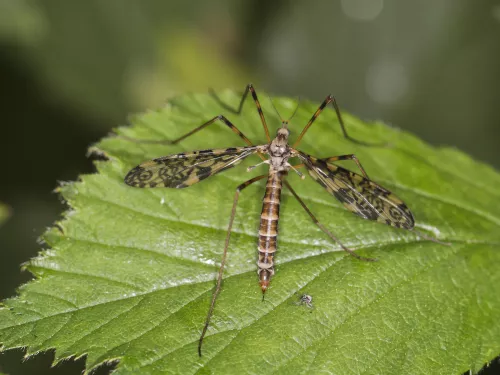
As the summer holidays begin, the Bugs Matter 2024 survey, led by Buglife and Kent Wildlife Trust, is calling on citizen scientists across the UK to participate in this crucial insect population study.
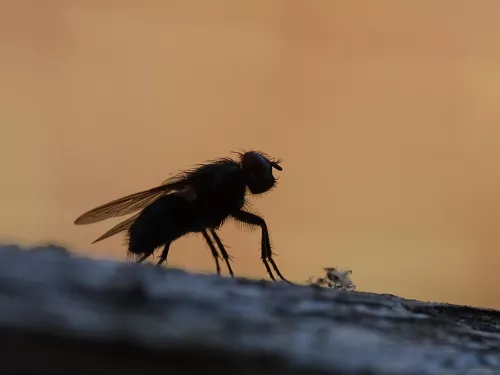
The troubling falls in insect numbers in Kent has been highlighted once again by the 2023 Bugs Matter citizen science survey published today. The new report reveals that the abundance of flying insects sampled on vehicle number plates has fallen by a…
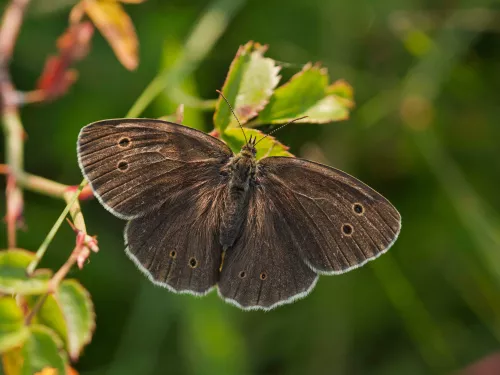
Conservationists have described the outlook in Kent as "alarming", with the county's reduction in insect numbers higher than the national average.

The Bugs Matter Citizen Science Survey, led by conservation charities Kent Wildlife Trust and Buglife, found a 64% decline in insect numbers sampled on vehicle number plates between 2004 and 2022 across the UK, highlighting the urgent need for more,…
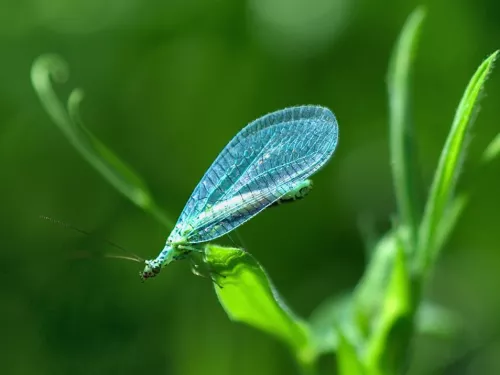
A citizen-science survey, led by Kent Wildlife Trust and Buglife, has found that the abundance of flying insects in Kent has plummeted by over 70% over the last 17 years; highlighting a worrying trend and the crucial need for insect-focussed conservation…